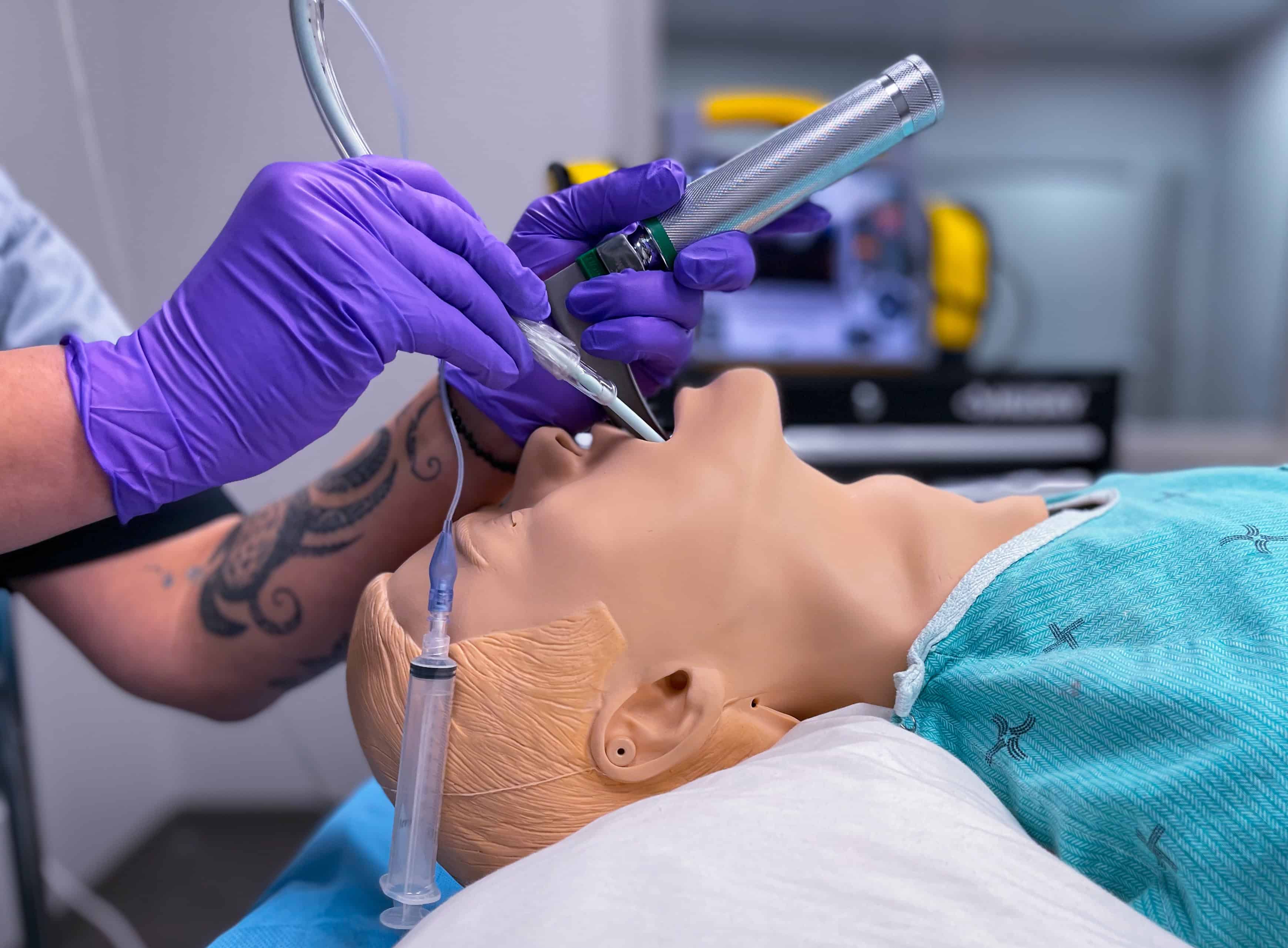Professionals in emergency medical care who may be responsible for initial assessments, the provision of safe and prudent care, and the transport of a patient to the most appropriate healthcare facility.
You will learn and demonstrate all knowledge and skills needed to provide appropriate patient assessments, interventions, and on-going care, including the transportation of a patient to a healthcare facility. Course content may vary depending on jurisdictional requirements and, in addition, follows the National Occupational Competency Profiles (NOCP) as defined by the Paramedic Association of Canada. Participants will be engaged in dynamic training techniques including video, media presentations, skills demonstrations, practice sessions, discussions and scenarios based on real-life situations.
Important Update: EMR Program Changes Coming July 2026
The Saskatchewan College of Paramedics has announced significant changes to the Emergency Medical Responder (EMR) program requirements. Beginning July 1, 2026, all approved EMR training programs in Saskatchewan must meet enhanced standards, including a minimum of 300 instructional hours delivered over several weeks.
This new format will provide deeper, more comprehensive training aligned with national competencies, preparing students more effectively for the EMR certification exam and professional practice.
Stay tuned for updates on how SIMS will deliver this enhanced program to support your success.




